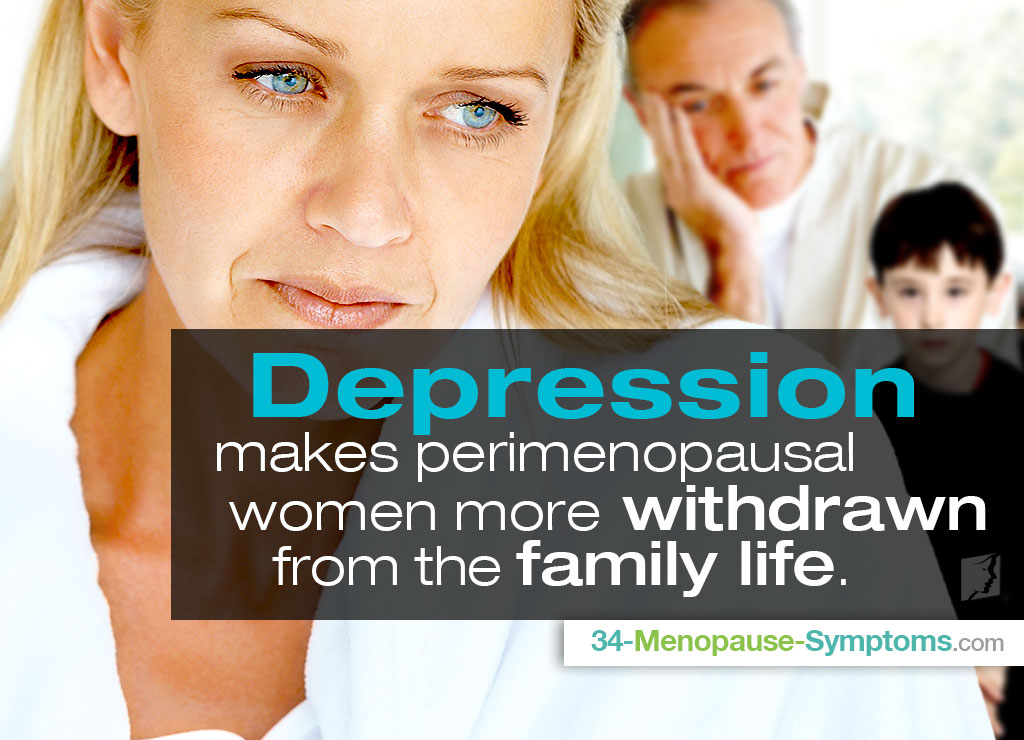Depression is never easy to manage. It affects women twice as much as men, with middle-aged women being the most vulnerable to depression. It disrupts all aspects of their lives, including family, friends, work environment, as well as their health. Continue reading to learn about effects of depression on women.
Family Life
When women suffer from depression, it is not always easy for them to communicate what they feel to their loved ones. Their partner and children often struggle to understand the complexity of this disease and feel helpless.
Depression makes women more withdrawn from family life, less present and engaged in everyday functioning. Children often feel rejected, whereas the intimacy with the spouse is frequently neglected as they lose interest and need for physical contact. This disruption in family dynamics is a source of stress and conflicts, and can lead to separation or divorce.
Social Life
Depression frequently causes women to lose interest in the activities that used to be enjoyable and pleasurable. They gradually start to isolate themselves from their friends and avoid interactions with them. Very often women stop leaving their house and abandon their personal hygiene, making it more difficult to come out to the public and be among people.
The inability to cope with the overwhelming feelings they experience often tempts women to seek relief in alcohol or illegal drugs, which can complicate their social bonds and damage their health even further.
Work Life
Depressed women often report fatigue and loss of energy, which can prevent them from giving their best at work. Poor concentration, low motivation, difficulty making decisions are very common in depression and affect women's work performance and their relations with the co-workers.
Depression also disrupts the sleep cycles, causing insomnia or oversleeping, which leaves women restless and exhausted. It also lowers their immunity and makes them more prone to infections, increasing the risk of sickness absence at work.
Health
Depression affects not only the brain, but also the functioning of the entire body. It typically causes significant appetite changes and shifts in weight, which can lead to malnutrition, especially in elderly women, or obesity, which, in turn, puts them at greater risk for developing hypertension or diabetes.
Moreover, since depression affects concentration and other cognitive abilities, depressed women might have difficulty keeping up with the medication schedule for their existing illnesses. The most serious effect depression has on women is suicide. Statistics show that women are more likely to attempt a suicide, and 40% of all victims are over the age of 60.
Untreated depression worsens with time and continues to take a larger and larger toll on women's life. Pharmacological treatment, psychotherapy, as well as several alternative treatments, such as acupuncture or yoga, can successfully minimize the negative effects of depression on women, so early detection of depressive symptoms is key. Learn how to identify the most common physical and emotional symptoms of depression.
Sources
- American Psychiatric Association. (2017). What is Depression? Retrieved August 23, 2017 from https://www.psychiatry.org/patients-families/depression/what-is-depression
- George, C. et al. (2006). The Family Environment and Developmental Psychopathology: The Unique and Interactive Effects of Depression, Attention, and Conduct Problems. Retrieved August 23, 2017 from https://www.researchgate.net/profile/Keith_Herman2/publication/6926694_The_Family_Environment_and_Developmental_Psychopathology_The_Unique_and_Interactive_Effects_of_Depression_Attention_and_Conduct_Problems/links/5772e7c308ae07e45db24703.pdf
- Harle, K. et al. (2010). The Impact of Depression on Social Economic Decision-making. Retrieved August 23, 2017 from https://www.ncbi.nlm.nih.gov/pmc/articles/PMC2869467/
- Steger, M. et al. (2009). Depression and Everyday Social Activity, Belonging, and Well-Being. Retrieved August 23, 2017 from https://www.ncbi.nlm.nih.gov/pmc/articles/PMC2860146/




